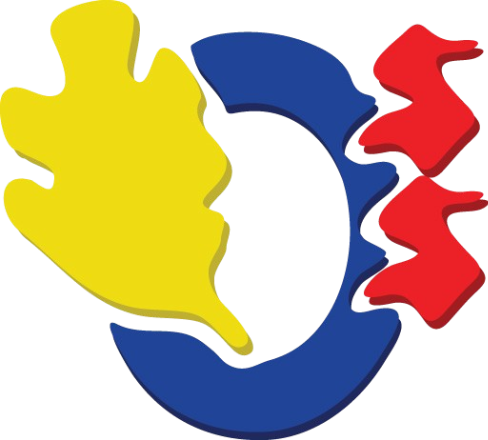Sovereignty
Sovereignty:
The full right and power of a governing body over itself without interference from outside bodies.
Peace of Westphalia
- Established the precedent of peace reached by diplomatic congress and a new system of political order in Europe based upon the concept of co-existing sovereign states
- Main principles: states have sovereign jurisdiction over their territory, and relations between states are structured acceptance of sovereign independence
- This in turn created the first modern state system, which is called the "Westphalian system"
Nation
- A group of people who are common/have a shared identity.
- Can be a common language, ethnicity, religion, culture, etc.
- Does not necessarily have its own "statehood" (e.g. the Kurds).
State
- Population: Permanent Body of people
- Territory: Clear borders and land
- Sovereignty: Free to make laws without referring to higher power
- Government:
- Make laws
- Keep order
- Help citizens
- Protect the country
4 Requirements of a State
Internal vs External Sovereignty
- Internal Sovereignty: refers to a state's authority and control within its own borders.
- External Sovereignty: refers to a state's independence and autonomy in relation to other states and international actors (e.g. recognition of statehood).
Types of Sovereignty
- Representative of the supreme law of the land.
- Is not restrained by moral or natural law.
- Creates laws and all are to be obeyed.
Legal Sovereignty:
- Tied with legal sovereignty.
- The political power of a state enforces institutions.
- Can change depending on the political whims of the people.
Political Sovereignty:
- The source of all authority is with the people.
- Rousseau called this the "general will of the people".
Popular Sovereignty:
- Simply the idea that sovereignty rests with the entire collective of a state.
National Sovereignty:
- A ceremonial leader (such as the British Crown) is a titular sovereign.
Titular Sovereignty:
- De Jure sovereignty represents someone who has the "legal authority" to be in power.
- De Facto sovereignty represents someone who has the "physical power" to be in control.
- Used in distinguishing "real" sovereigns in times of war (e.g. Hamas has de facto control of Gaza, while the Palestinian Authority has de jure control)
De Jure/De Facto Sovereignty:
Theories of Sovereignty
- "Sovereignty [is] the highest power in a state which is subject to no laws but is itself the maker and master of them."
- The government is one entity
Monoistic - Absolute Sovereignty:
- The state is made of multiple bodies and groups with control
- Associations that emerge naturally to fulfill diverse needs of members of society must have functional freedom
- The state, which is not one but numerous associations, must not claim monopoly over sovereignty
Pluralist - Limited Sovereignty:
Nationalism vs Patriotism
- Nationalism: Identification with one's own nation and support of its interests, especially to the exclusion or detriment of the interests of other nations.
- Types of Nationalism:
- Civic: shared political rights, voluntary
- Ethnic: often exclusive of people without ethnic characteristics of the majority (attempts to justify ethnic cleansing, genocide, etc)
- Religious: shared religious identity
- Economic: emphasizes economic interests
- Patriotism: Sense of pride, love and loyalty towards one's country. Generally seen as a positive and inclusive sentiment unlike nationalism

 Global Politics
Global Politics